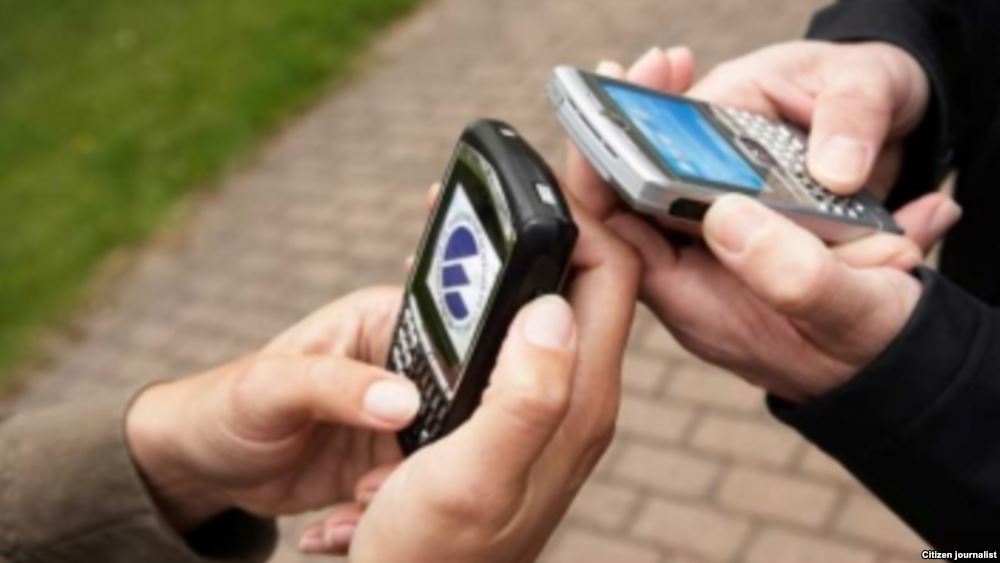
Juan Juan Almeida, 25 April 2016 — In 2008, General Raúl Castro, showing signs of an “extraordinary benevolence,” allowed Cubans to have access to cellular telephone service.
The number of these devices created an elevated and accelerated boom that was not foreseen even by the most seasoned economists. But, according to sources in the office of the General Prosecutor of the Republic, such a vertiginous increase runs parallel and proportional to an increase in certain types of crime.
ETECSA (Cuba’s telecommunications company) began operating in 2003. At that time there were only some 43,300 cell phones on the island, distributed among diplomats, foreign businessmen and Cubans linked to foreign businesses. Today, a high percentage of the national population has cellular coverage, and with that comes the proliferation of pickpockets. They scour the provinces like birds of prey in search of these devices.
But this method of small-time thievery is the first link in a criminal chain that not only implicates known private workshops (cuentapropistas) [self-employed businessmen] or certain agencies of ETECSA where they buy, modify and sell this type of equipment. It also implicates State Security and other businesses of MININT [the Ministry of the Interior] that pursue, track and even buy these telephones.
For what reason? According to someone who’s a business owner, it’s for removing the most precious thing we keep in our phones: information.
The same thing happens everywhere, but each country has its own particularities. As a general rule, in Cuba, this type of device isn’t stolen in order to decode it and sell it in other countries, but rather to dismantle it and sell it for parts, on and off the island.
The General Prosecutor says that, although it’s working on several cases, it hasn’t managed to discover the matrix of such a complicated network. The National Revolutionary Police recognizes that there’s a black market where you can find the displays, speakers, headphones and batteries of stolen cell phones, but it hasn’t been able to find the authors of the crime.
Both entities appear to ignore, on purpose, that power, in addition to being an instrument, is a more underhanded and more dangerous vice than drugs. As happens with criminal gangs, when their members converge at some moment, the same happens with the rest of the pieces of the stolen cell phones and many of the phones confiscated in ports and airports by the General Customs of the Republic of Cuba.
A young businessman of Lebanese origin, who is known as “the king of modern mining,” buys them. With a French passport, the alleged endorsement of the Government and the friendship of the “Grandson in Chief,” Raúl Guillermo Rodríguez Castro, he exports the stolen material under the Customs category of “electronic waste.”
This businessman sends everything by air to modern metallurgic plants located off the island (according to the gossip, in Europe), where the technology exists to isolate and recuperate valuable components like copper, cobalt, antimony, gallium and coltan. These are not precious metals, but they are rarely found in the world and are in such great demand by the industry that they sell by the gram and cost more than gold.
I hope that this note helps the National Police.
There aren’t many businesses in the world that are capable of recuperating part of these materials among the electronic garbage. And I venture to say that in Cuba there are no more than four Frenchmen (of Lebanese origin) who are friends of Raúl Guillermo.
Translated by Regina Anavy
